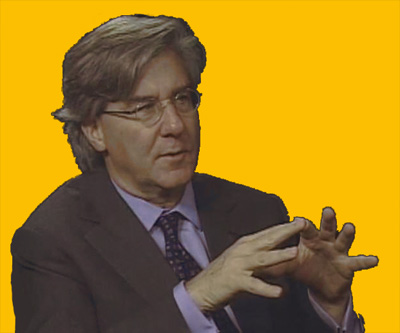Barrick Gold slashes pay, adopts exec scorecard

Barrick Gold Corp. (TSE:ABX) is overhauling its executive compensation, cutting down on cash bonuses and forcing the top brass to invest more heavily in the company.
In a release titled “Barrick Redefines Compensation, Introduces Most Shareholder-Friendly System in Canada” accompanying its annual report, the world’s top gold miner outlines a range of changes including a new scorecard system.
Barrick said the long-term scorecard “will assess participating executives on eight performance measures including return on invested capital, dividends to shareholders, capital project performance and free cash flow,” adding that scores will be published at the end of each year, “ensuring transparency of the process.”
The company is cutting down on annual bonuses and moving to a system where the majority of compensation awarded “will be long-term in nature, in units that ultimately convert into Barrick common shares. These shares cannot be sold until a participating executive retires or leaves the company,” the Toronto-based firm said.
Significantly, the shares “will be purchased on behalf of participating executives on the open market, resulting in no dilution to shareholders.”
Barrick also increased the minimum share ownership requirements for its chief executives to 10 times their base salary, up from four times under the previous regime.
In its annual report published today, Barrick revealed cuts to executive compensation in 2013 compared to the year before when the multimillion dollar packages paid to senior management sparked shareholder outrage.
Chief executive officer Jamie Sokalsky received total compensation of $7.7 million last year, down from $11.4 million in 2012, mostly as the result of a reduction in the non-cash component of his pay.
Co-chairman John Thornton also saw his remuneration dwindle to $9.5 million. That’s down from an eye-watering $17 million in 2012 which included a roughly $12 million golden hello.
Outgoing chairman Peter Munk banked $3.9 million, down from about $4.3 million in 2012.
Barrick stock closed down 2.8% on the Toronto Stock Exchange on Monday affording the company a $23 billion market value.
The counter has managed to eke out some gains amid a recovery in the gold price in 2014 after a dismal 2013 which saw shares in the company slide 45%.
{{ commodity.name }}
{{ post.title }}
{{ post.date }}




Comments